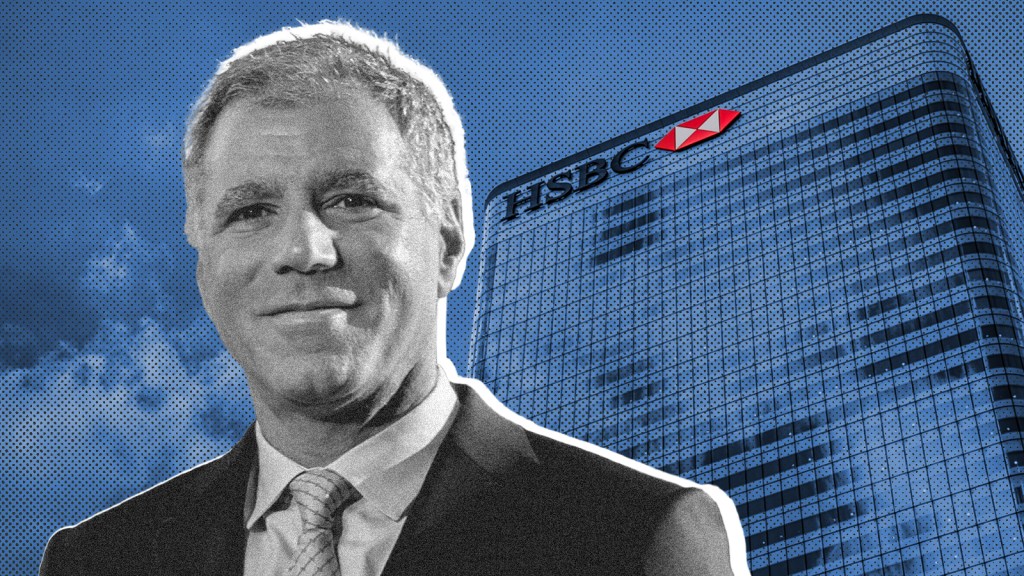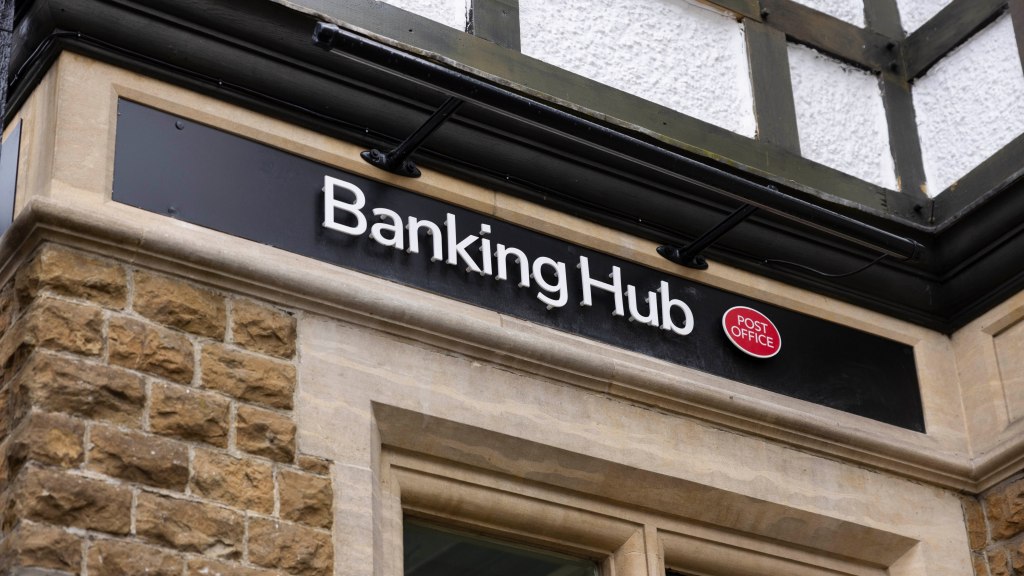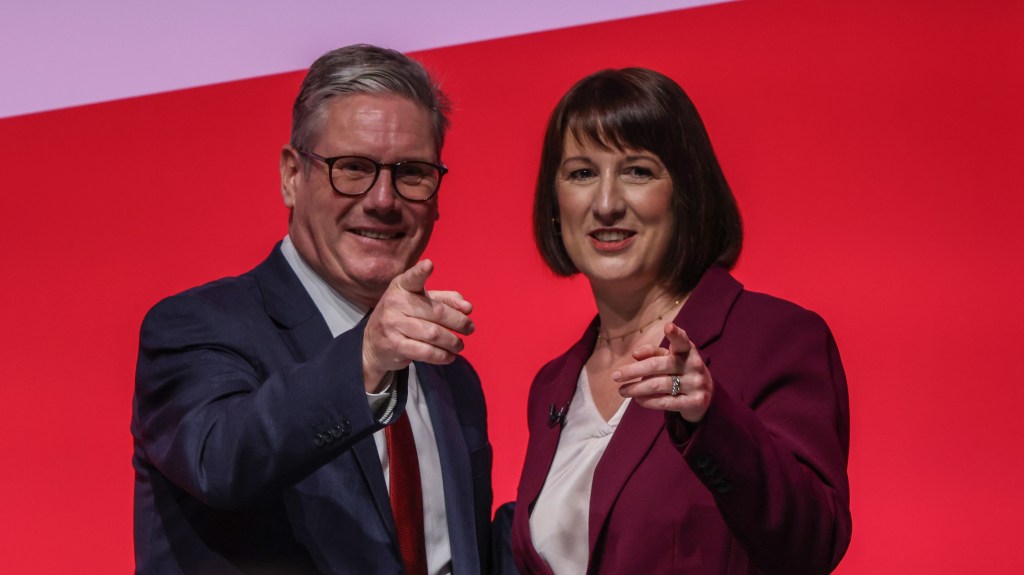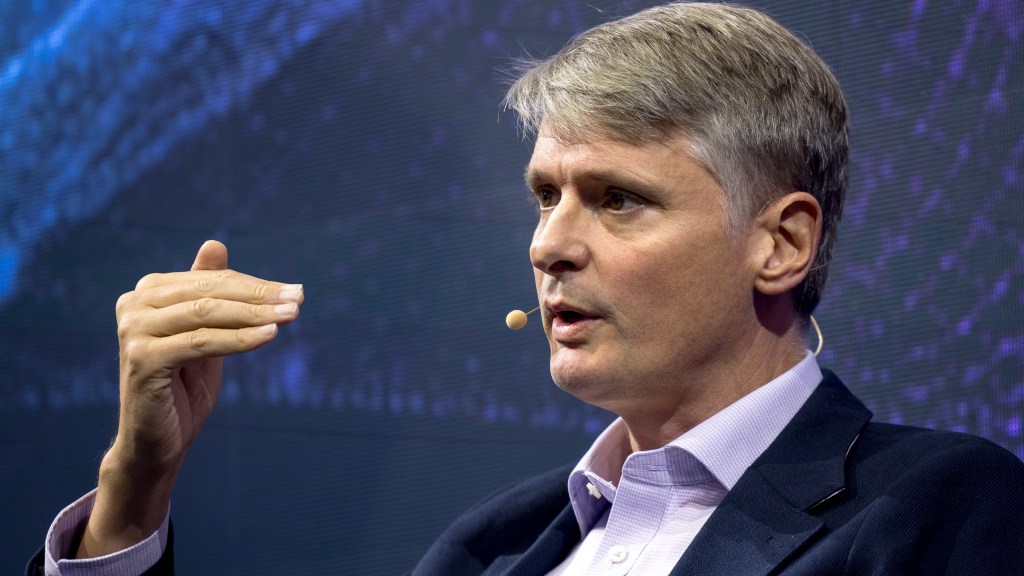HSBC Faces Uncertainty as New Leadership Arrives
Founded in 1836 by the youthful Charles Geach to serve Birmingham’s burgeoning industrial sector, the banking institution has evolved significantly over the past two centuries. Originally known as Midland, it has now become the UK retail banking division of the major global player, HSBC.
The bank’s modern headquarters, a striking ten-storey structure in Centenary Square, came to fruition after an investment of £200 million in 2018, signalling HSBC’s commitment to the city. Bronze lion statues reminiscent of the Hongkong and Shanghai Banking Corporation’s global presence stand guard at its key locations worldwide.
However, amidst this thriving environment, anticipation builds as HSBC prepares for the introduction of its new chief executive on Monday. The transition follows the retirement of Noel Quinn, a banking veteran born in Birmingham who has dedicated nearly 40 years to the firm. Georges Elhedery, the new appointee, brings a wealth of experience as a Lebanese-born French national who joined HSBC in 2005.
Speculation is rife among UK employees regarding potential cost-saving measures that may result in job cuts, a common concern during leadership shifts. Elhedery’s appointment is viewed as a significant moment for an institution that employs 220,000 people across 60 nations.
Insights into Elhedery’s intended direction emerged last week when HSBC surprised the financial community with several high-level organizational changes, including the departure of Nuno Matos, a key contender for the CEO position.
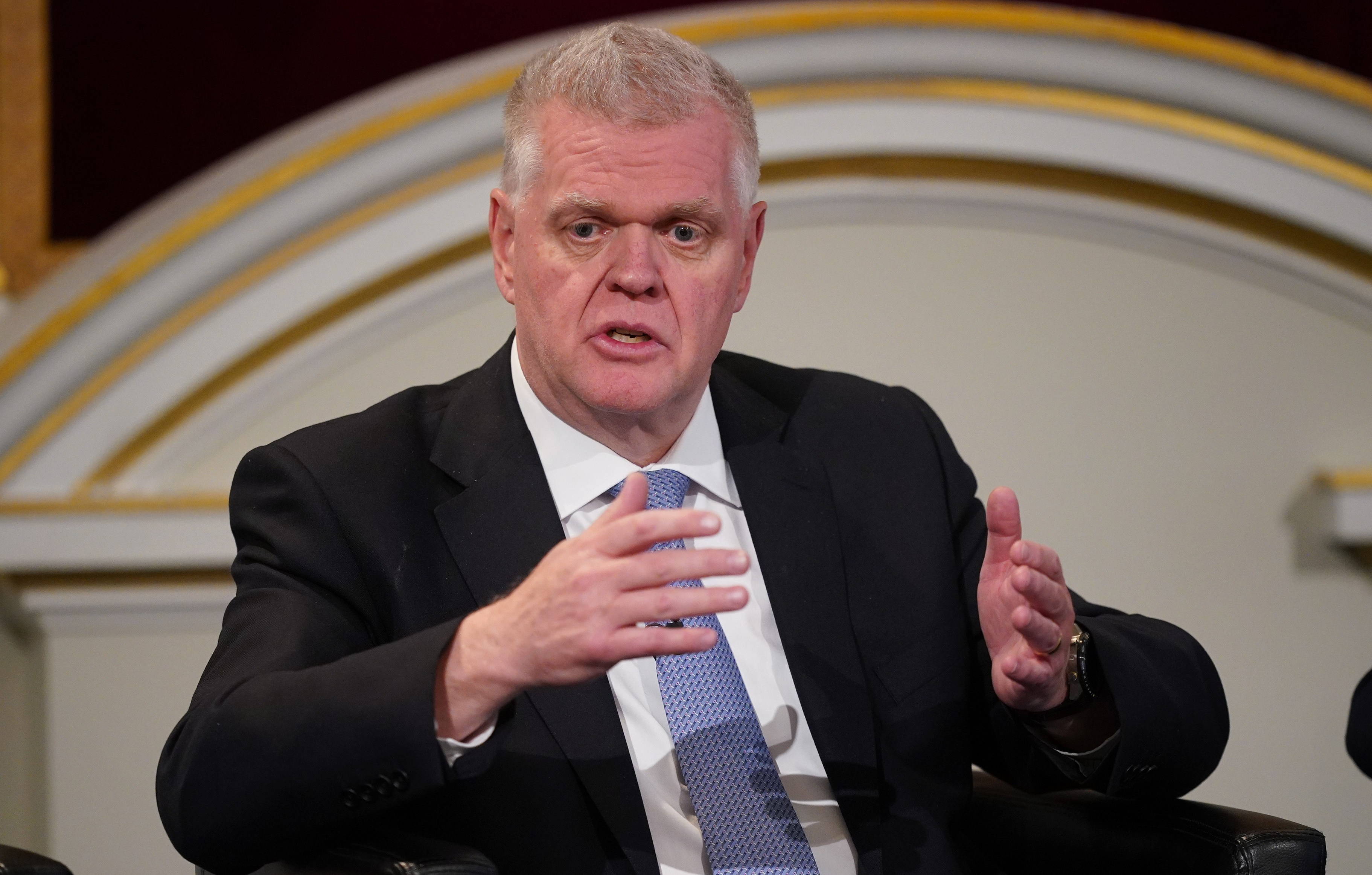
This leads to questions about how swiftly Elhedery, who displays a commitment to fitness and speaks six languages, will implement changes within the bank. As one of the pivotal positions in global finance, Elhedery inherits a firm with a market capitalization of £123 billion, far surpassing the combined values of London-listed competitors like NatWest, Barclays, and Lloyds.
Many industry analysts believe Elhedery could enjoy a brief period of goodwill, capitalizing on Quinn’s recent achievement of a historic profit of $30 billion and a substantial dividend to shareholders. Quinn was instrumental in divesting non-essential operations, particularly in Canada, and in reducing financial risks.
While there is no indication that the firm is facing immediate crises, initial observations indicate that Elhedery is poised to shake up existing management. His educational background includes engineering from a prestigious Parisian institution, which could frame his strategic approach.
Recently announced leadership updates also featured chief operating officer John Hinshaw’s exit, highlighting the possibility of further organizational streamlining. Experts predict that Elhedery may consider reducing management layers and country leadership positions, mirroring strategies employed by competitors like Citi.
In addition to management restructuring, Elhedery’s primary challenge will be maintaining profitability in a declining interest rate environment, which traditionally limits income opportunities for banks like HSBC that benefit from higher rates.
Concerns about job security persist, with a source indicating, “The big worry is continuous cost-cutting.” Other sectors within the bank globally might also apprehend potential shifts in strategy, particularly regarding operational efficiency.
Another avenue for Elhedery may involve enhancing non-interest income streams through wealth management and international payments.
HSBC chose not to comment on these developments. However, in his introduction as CEO, Elhedery suggested no pressing need for transformative changes, indicating instead a focus on maintaining the existing strategic momentum.
Interestingly, Elhedery opted to commence his leadership tenure in Hong Kong rather than London, honoring the bank’s historical significance in the region where it was established in 1865.
This choice appears strategic. During much of Quinn’s tenure, he faced strong pressures to divest HSBC’s rapidly growing Asian branches, particularly from major shareholders like Ping An, a Chinese insurance company. Although Quinn successfully resisted these demands, tensions may resurface, especially after Ping An’s opposition to Quinn’s reappointment.
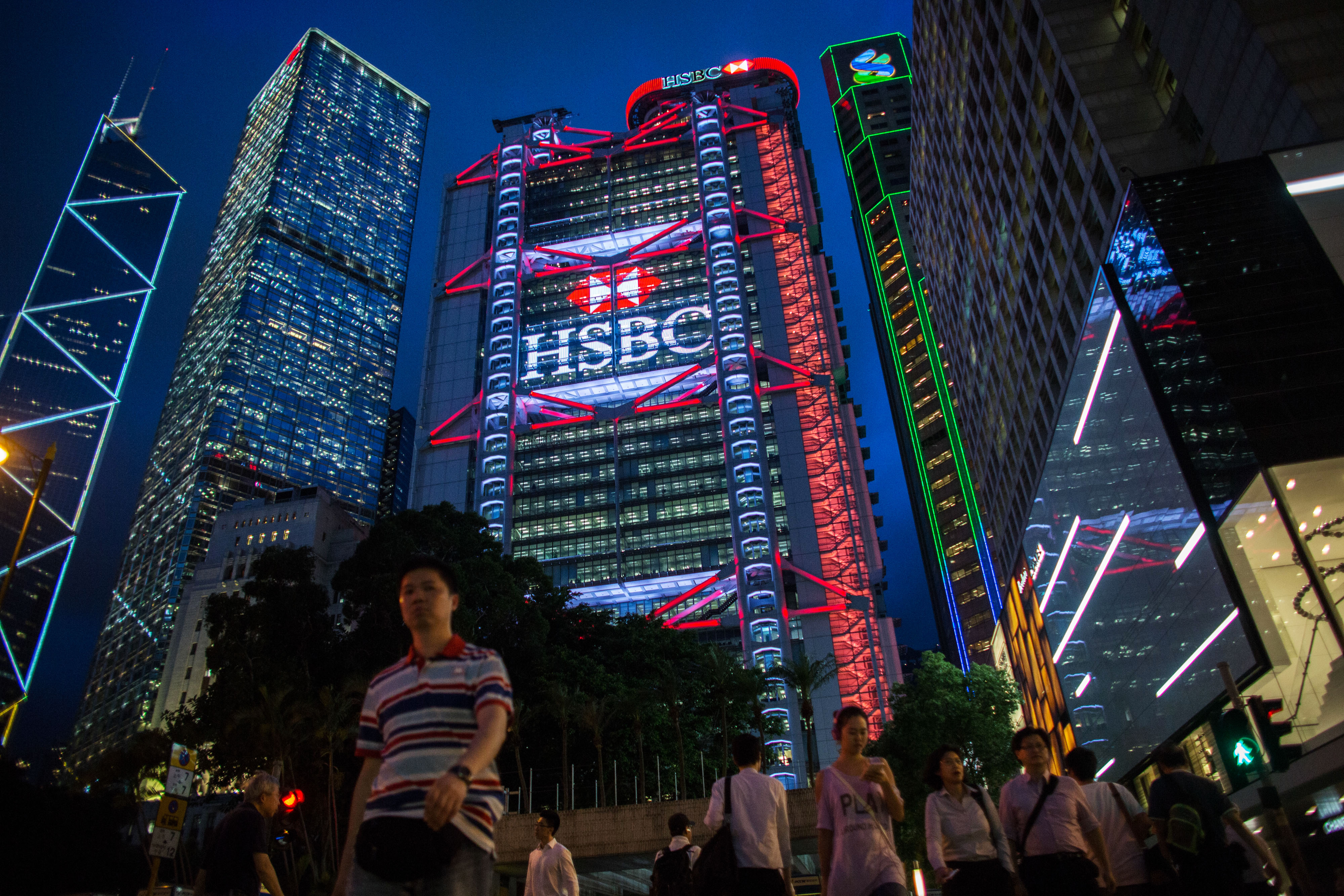
Elhedery, who took up Mandarin during a sabbatical in 2022, must navigate these challenges delicately, ensuring the firm remains robust in Hong Kong and China, significant profit centers for HSBC. However, analysts express concern over economic slowdowns in these regions, as highlighted by Prudential’s recent warnings.
Long-standing observers urge Elhedery to transcend mere cost-cutting measures, advocating for technological adaptation and opportunities for growth. They question why HSBC shouldn’t reclaim its competitive edge against rivals like JP Morgan, which has since expanded to six times its size in market valuation.
Edward Firth from KBW emphasizes this sentiment, expressing frustration over HSBC’s lack of innovation in recent years. He asserts that Elhedery’s challenge lies in effectively leveraging the bank’s franchise and asserting its market presence.
Moreover, if job cuts linger in Elhedery’s strategic discussions, employees may find reassurance in the historical difficulties previous leaders encountered when attempting similar measures.
